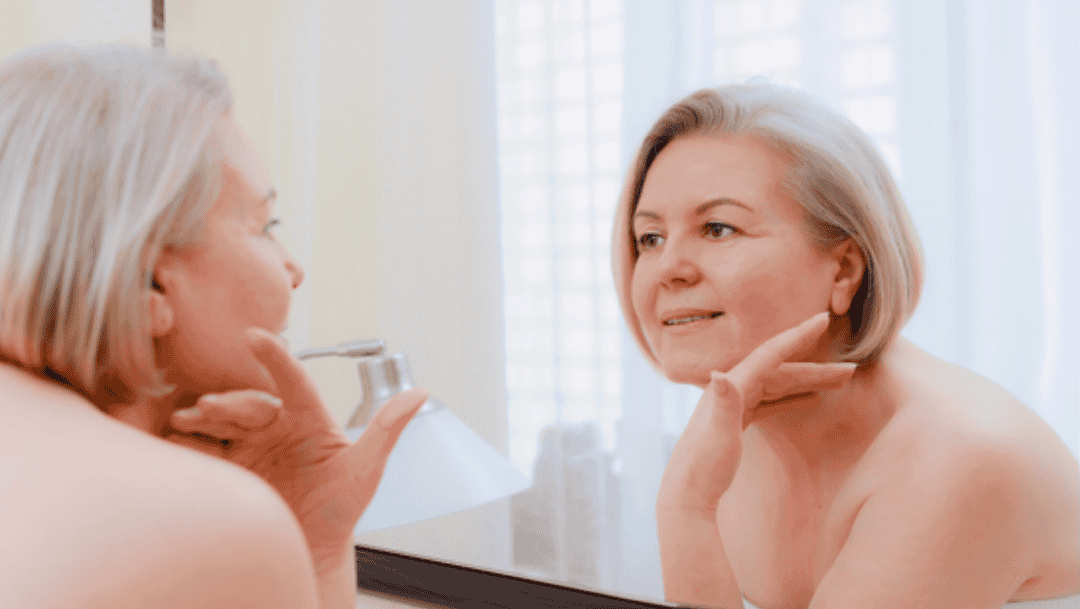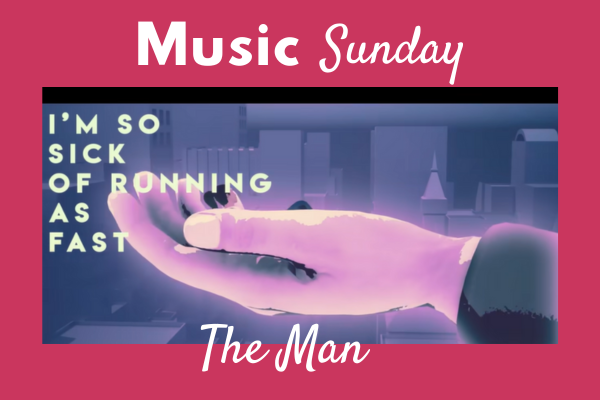
What happens when you look in the mirror?
We all spend some time looking in the mirror. But what happens when you look in the mirror? If it is first thing in the morning, you might avoid truly observing yourself, only focusing on what you need—your toothbrush, moisturizer, hair, or makeup.
You may glance at your reflection without really seeing yourself as a person.
Sometimes, you might catch sight of yourself in a mirror or shop window. How do you react? Do you look away and quickly shift your focus to the immediate demands of the day? Do you push aside any thoughts about your reflection as fast as possible?
If any of this sounds familiar, don’t worry—you’re not alone! This reaction is a significant indicator of self-image. And the fact that we even have a self-image is a relatively recent discovery.
The Power of Observing Yourself
Next time you find yourself in front of a mirror, take 30 seconds to really observe yourself. Notice every detail, and gradually become aware of you observing yourself. Try it now, then return to finish this article.
Did you find it difficult? Most people do at first. Did you last the full 30 seconds? Did you feel better about yourself afterward, or worse? Even if you looked away a few times, the exercise still had an effect.
By repeating this practice, you may start to realize that you are separate from the world you experience.
You might even begin to ask the question: Who am I?
How Self-Image Develops
Why do we struggle with this? Think back to when you were a child. Before the age of seven, you probably didn’t think much about yourself. You were a little explorer—touching, smelling, looking—completely focused on experiencing the world.
But then, something changed. You became self-conscious. You realized you were separate from your surroundings and began to wonder, Who am I? Even if you didn’t say the words, you started to act according to what you thought the world expected of you.
This is when we begin constructing our self-image—the way we think the world sees us. Our opinion of that image shapes our self-esteem.
The Teenage Years: A Crucial Phase
Adolescence often delivers a major blow to self-esteem. With surging hormones, many of us feel awkward, clumsy, or shy. We become hyper-aware of ourselves, often in a critical way.
In this stage, we tend to say or do things that later make us cringe with embarrassment. Our self-image is constantly being shaped, often not in a positive way. Confidence disappears, and self-doubt takes over.
On top of our own internal struggles, life brings external challenges. People say or do things that we interpret as negative or damaging, reinforcing our insecurities. Over time, these experiences leave subconscious scars, shaping how we see ourselves today.
Shedding the Baggage
These hidden emotional scars are often referred to as baggage—a term that perfectly captures the weight of our past experiences. In Latin, baggage translates to impedimenta, meaning obstacles or burdens that hinder progress.
An old Italian proverb puts it this way:
“We all carry a knapsack on our back filled with our faults. Because it is behind us, we cannot see it—but everyone else can.”
For generations, people carried this emotional baggage for a lifetime, with no way to lighten the load. But you have a choice that they didn’t have.
Letting Go and Moving Forward
How much is your excess baggage costing you? Imagine the freedom of shedding the weight of self-doubt, insecurity, and past wounds.
The good news is that you don’t have to carry it forever. With the right mindset and tools, you can begin to release the burdens holding you back.
So, the next time you look in the mirror, take a moment to truly see yourself—not just as a reflection, but as the incredible individual you are.




This Post Has 0 Comments